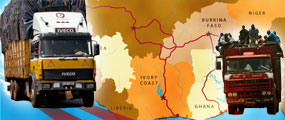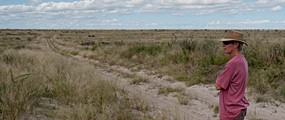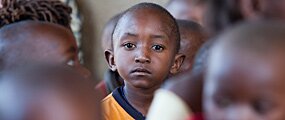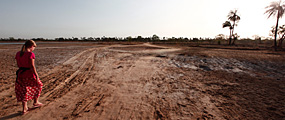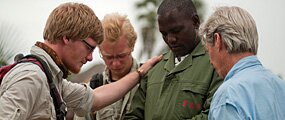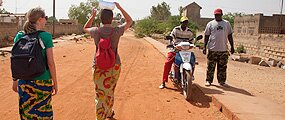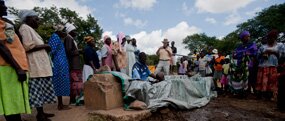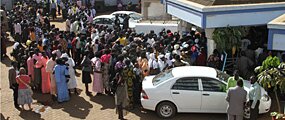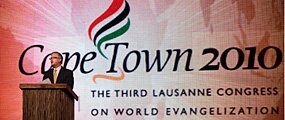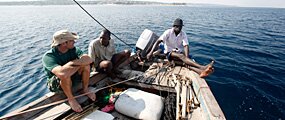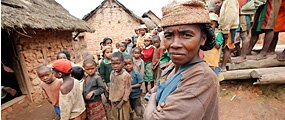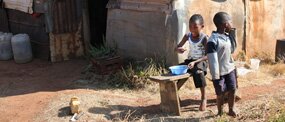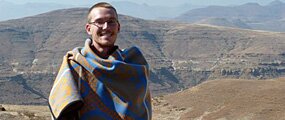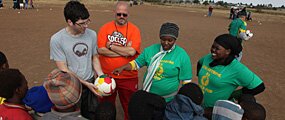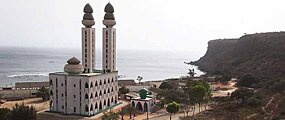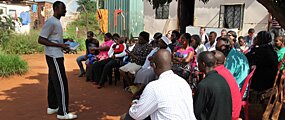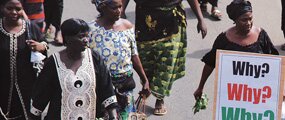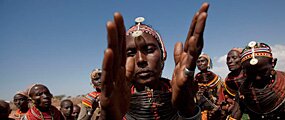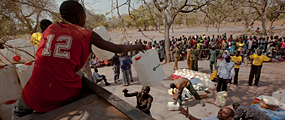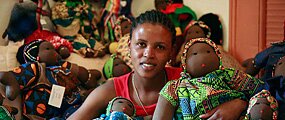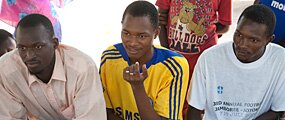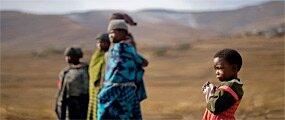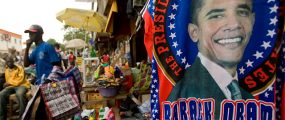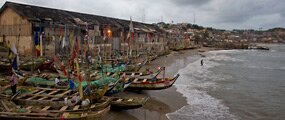A Call to Action
Posted November 17, 2010
CAPE TOWN, South Africa — The Third Lausanne Congress on World Evangelization closed in Cape Town October 25, 2010, with a ringing call to the church. This Congress, perhaps the widest and most diverse gathering of Christians ever held in the history of the church, drew 4,000 selected participants from 198 nations.
“Our vision and hope was firstly for a ringing affirmation of the uniqueness of Christ and the truth of the biblical Gospel; and a clear statement on evangelism and the mission of the church — all rooted in Scripture,” said Lindsay Brown, Lausanne Movement international director, in his closing address.
“The evangelical church has rightly put an emphasis on bringing the gospel of Jesus Christ to every people group, but we have perhaps been a little weaker in our attempts to apply biblical principles to every area of society, and to public policy: to the media, to business, to government,” Brown said. “We need to engage deeply with all human endeavor — and with the ideas which shape it.”
The Congress included an executive leadership forum and a think tank for leaders in government, business and academia. “There is a groundswell of conviction,” said Brown, “that greater concerted effort is needed to apply biblical truth in these arenas.”
Of the Congress’ 4,000 participants, 1,000 were from the host continent of Africa. Forty percent were in their 20s, 30s and 40s. One-third were women in leadership roles. There were 2,400 pastors, missionaries and church leaders, 1,200 scholars and academics and 600 professionals from business, government, medicine and the media. There were 400 participants from U.S. churches and organizations, including about a half-dozen IMB missionaries.
The effects of globalization on the church were a primary theme of the Congress. Key issues included the challenge of other religious faiths, the impact of secularism and a call for authenticity in the church.
The Cape Town Commitment, a declaration of belief and a call to action, will stand in the historic tradition of The Lausanne Covenant, which issued from the 1974 Congress, held in Lausanne, Switzerland. The Lausanne Covenant became widely regarded as one of the most significant documents in recent church history.
The Lausanne Movement, since its founding by Baptist evangelist Billy Graham, has worked to strengthen evangelical belief, and to reawaken the evangelical church’s responsibility in God’s world. The Cape Town Commitment is therefore in two parts.
The first part, a Trinitarian statement, fashioned in the language of love, is the fruit of discussion by senior evangelical theologians drawn from all continents. The consequent call to action, shaped from discussion at the Congress around critical issues facing the church over the next 10 years, will be completed by December. Chris Wright, theologian and International Director of Langham Partnership International (John Stott Ministries / USA) is chief architect.
“We would like The Cape Town Commitment to be seen as a gift to the local church from representatives of the global church,” said the Rev. Doug Birdsall, chairman of The Lausanne Movement.
He then outlined the Board’s plans for the movement’s future: “First, to stay light on its feet, remaining agile in its ability to respond to new challenges and opportunities. Second, to be strong theologically, firmly rooted in Scripture and nourished by the best reflection on how we take the Word to the world. Third, to provide a reliable and credible contribution to Christian discussion and mission. Fourth, to keep a focus on identifying and developing younger leaders. And fifth, to be strategic in gathering the right people at the right times in the right places.
“Lausanne gatherings will breathe oxygen into the fire that sparks more fires, and track progress made on the priorities established in Cape Town,” Birdsall said.
Previous congresses were held in Lausanne, Switzerland, in 1974 and Manila, Philippines, in 1989. This Congress, held October 16-25, 2010, extended its reach into over 650 GlobaLink sites in 91 countries and drew 100,000 unique visits to its web site from 185 countries.
For highlights and reflections from the Third Lausanne Congress, visit mReport.
For in depth information on the Congress and the topics discussed, visit the Lausanne movement.
Read the Cape Town Commitment at Join the Conversation.





